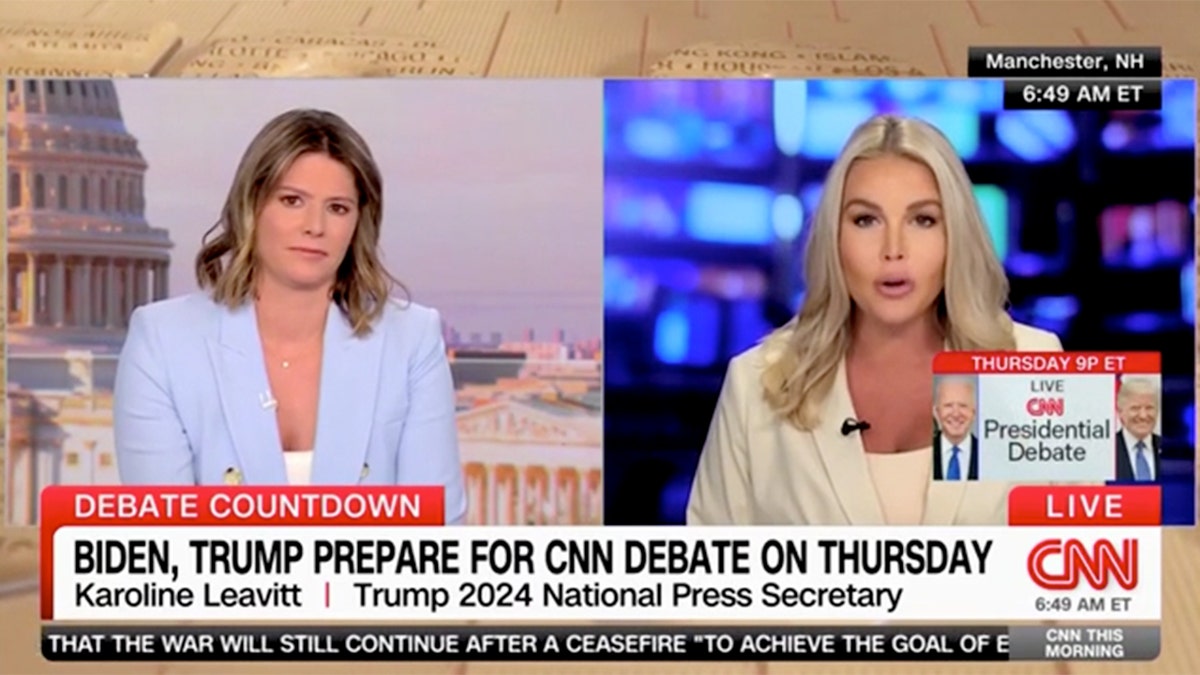
Record companies sue AI music services Suno and Udio for copyright infringement

Courtesy of RIAA
The Recording Industry Association of America (RIAA) has announced that it is filing two copyright infringement lawsuits against AI music services Suno and Udio, accusing them of “massive unauthorized duplication and misappropriation of copyrighted sound recordings by two multi-million dollar music generation services.”
The lawsuits are the latest blow in the music industry's battle to stop the unauthorized use of copyrighted audio recordings to “train” generative AI models.
The lawsuit against Suno AI's developer, Suno, Inc., was filed in the U.S. District Court for the District of Massachusetts, and the lawsuit against Udio AI's developer, Uncharted Labs, Inc., was filed in the U.S. District Court for the Southern District of New York. The plaintiffs in the lawsuits are music companies that hold rights to sound recordings infringed by Suno and Udio, including Sony Music Entertainment, Universal Music Group, and Warner Records.
According to the announcement, the lawsuit seeks (1) a declaration that the services have infringed the plaintiffs' copyrighted audio recordings, (2) an injunction prohibiting the services from infringing the plaintiffs' copyrighted audio recordings in the future, and (3) damages for infringements that have already occurred.
“The music community is embracing AI, and we're already working to partner with responsible developers to build sustainable AI tools that put human creativity at the center, with artists and songwriters in the driver's seat,” said RIAA Chairman and CEO Mitch Glazier. “But we can't succeed unless developers are willing to collaborate with us. Unlicensed services like Suno and Udio claim it's 'fair' to copy an artist's life's work and exploit it for their own profit without consent or compensation, stymieing the promise of truly transformative AI for us all.”
According to the announcement, key excerpts from the complaint include:
“AI companies, like all businesses, must comply with laws that protect human creativity and ingenuity. Nothing exempts AI technology from copyright law or exempts AI companies from playing by the rules.[ese] Litigation[s] look[k] To enforce these fundamental principles” (Complaint ¶2).[T]AI holds both promise and danger. As more powerful and sophisticated AI tools emerge, so does the ability for AI to be incorporated into the process of music creation, production, and distribution. If developed with the permission and participation of copyright holders, generative AI tools can help humans create and produce new and innovative music. But if developed irresponsibly, with disregard for basic copyright protections, those same tools threaten to cause lasting and irreparable harm to recording artists, record labels, and the music industry, and will inevitably diminish the quality of new music available to consumers and diminish our common culture. (Complaint ¶ 3) “Building and Operating AI [these services] Large amounts of data must first be copied and ingested in order to “train” a software “model” that will generate an output. [these services]The process involved making and ingesting copies of decades worth of the world's most popular sound recordings. [to] “Produce output that mimics the quality of authentic human voice recordings.” (Complaint ¶ 7) “Such [services] Stealing a copyrighted recording [services’] Synthetic musical output could saturate the market with machine-generated content, competing directly with recorded music, devaluing it and ultimately drowning out authentic recordings. [services were] (Complaint ¶ 4.) [these businesses] Using copyrighted recordings without permission is [they have] To be exact [they have] “It has been copied. This should not be surprising. After all, to answer this question honestly would be to admit to willful copyright infringement on an almost unimaginable scale.” (Complaint ¶ 8.) “Of course, [these services are] I was trained. [They] made large quantities of copies of the Plaintiffs' copyrighted audio recordings; [their] AI Model[s]. [These] product[s] Only works [they do] By copying a vast number of sound recordings from artists of various genres, styles, and eras. (Complaint ¶ 9.)[These services are] They are not exempt from copyright law, which protects works of human origin. Like other market participants, [they] Copyrighted material may not be reproduced for commercial purposes without permission. If you ignore this basic principle, [their] The unauthorized copying will have a rapid and devastating effect on the value and integrity of Plaintiffs' copyrighted audio recordings. [These] service[s] Generate[e] AI-generated music is generating music at such a speed and scale that it is in danger of dominating the market and devaluing and replacing human-created work” (Complaint ¶ 12.).[The services] You can't escape responsibility [their] The fair use argument discourages willful copyright infringement. The fair use doctrine promotes human expression by permitting unauthorized uses of copyrighted works in certain limited circumstances, but [the services] Offers[r] It is imitation, machine-generated music, not human creativity or expression. (Complaint ¶14) [they] Release, [the services have] In their desperate race to be the top AI music generation service, they ignored the rights of copyright holders in the music industry. [these services] Neither will we be permitted to allow any other generative AI company to advance this goal by trampling on the rights of copyright holders” (Complaint ¶81).
Source link














